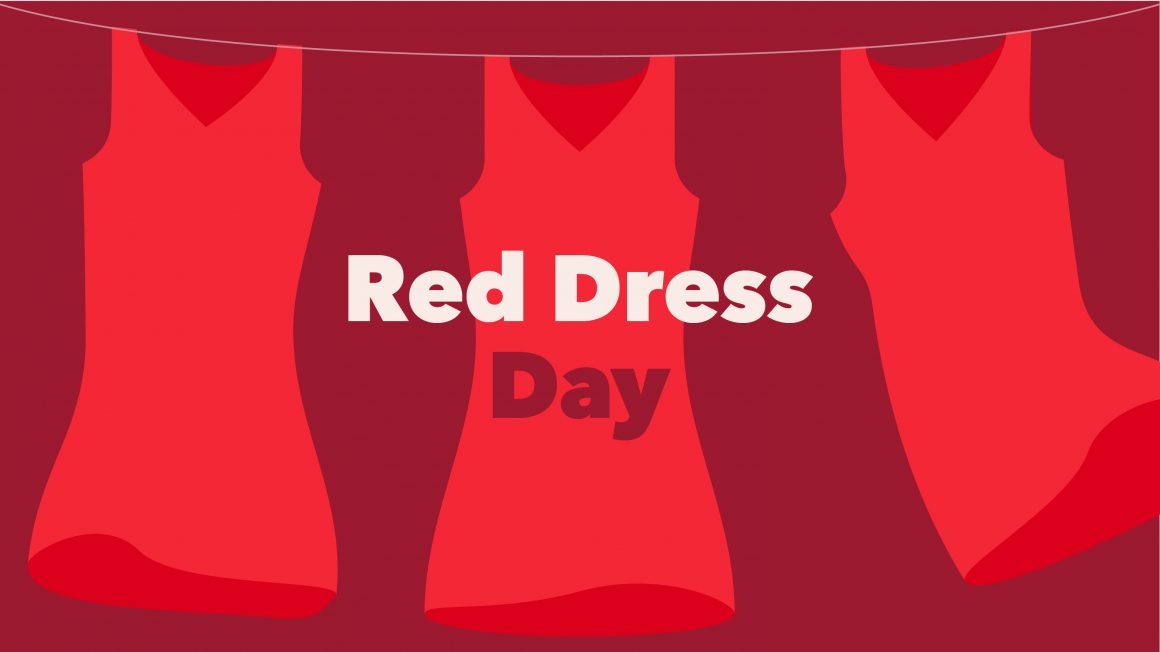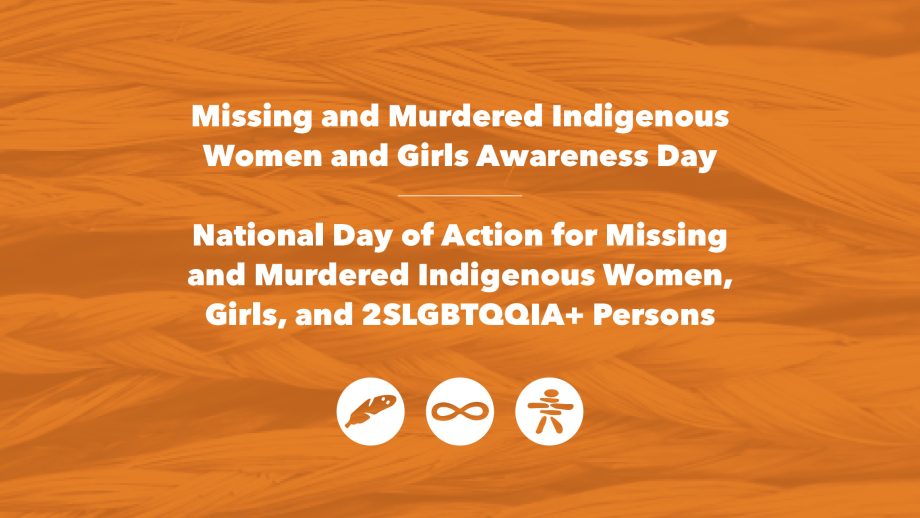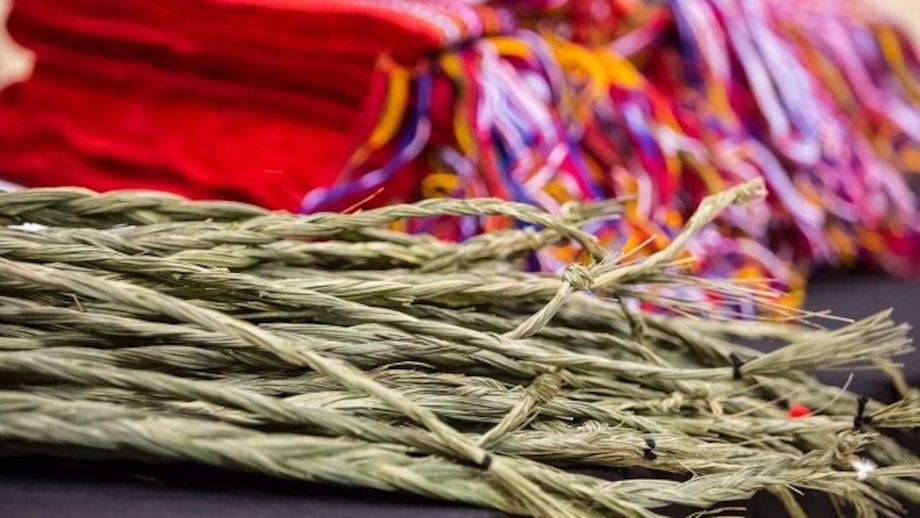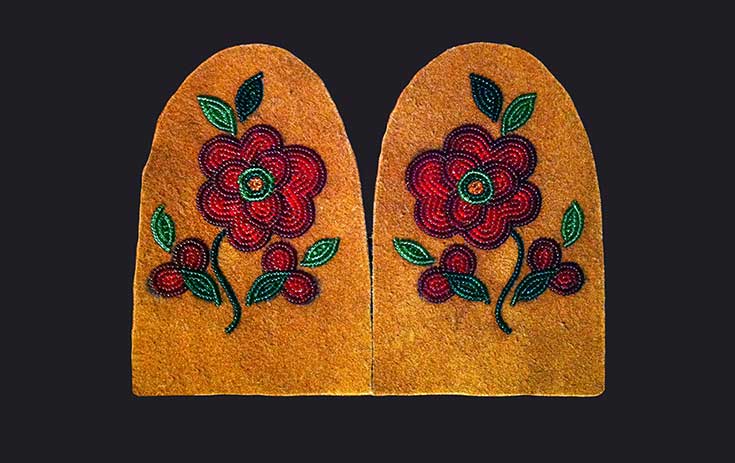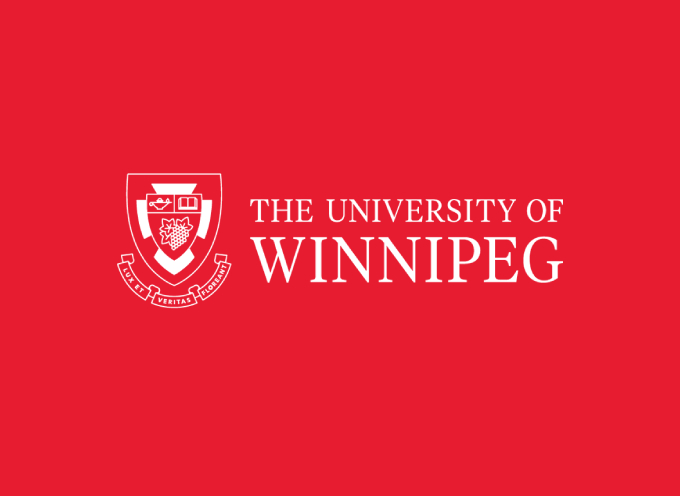On Friday, May 5, UWinnipeg marks Red Dress Day, also known as The National Day of Awareness for Missing and Murdered Indigenous Women and Girls and Two-Spirit People. It is a day to honour and remember missing and murdered Indigenous women, girls, and 2SLGBTQQIA+ people, to hold space for all those who are grieving, and to demand an end to this ongoing national genocide. This is a time for calling attention, bearing witness, and taking action necessary for meaningful reconciliation.
On this day, campus flags will be flown at half-mast, and staff, faculty, and students are encouraged to wear red to stand in solidarity with Indigenous communities across Canada as, together, we mourn the loss of the thousands of lives that have been tragically cut short. As a community, we remember those who have been taken, and our hearts are with the families and communities that continue to bear the devastating consequences.
Red Dress Day began with the REDress Project, an exhibit by Métis artist Jaime Black first installed at UWinnipeg in 2011. Black described the REDress Project as “an aesthetic response to this critical national issue.”
Empty red dresses are a bold and tangible symbol that represent Indigenous stories and honour lives lost. “People notice there is a presence in the absence,” Black said. The visual reminder of red dresses is an opportunity to remember, reflect, and take action.
UWinnipeg remains committed to the Calls to Justice pertaining to post-secondary institutions contained in the 2019 final report by the National Inquiry into Missing and Murdered Indigenous Women and Girls, and to the education and research related calls in the MMIWG2SLGBTQQIA+ People National Action Plan. We also acknowledge Lii Femmes Michif Otipimisiwak’s Métis Perspectives of Missing and Murdered Indigenous Women, Girls, and LGBTQ2S+ People, which includes 62 Calls for Change or Miskotahâ (pronounced “Mis-KO-ta-ha”).
UWinnipeg’s commitment includes adopting decolonizing approaches in our work and publications, educating the public about the root causes of the violence experienced by Indigenous women, girls, and 2SLGBTQQIA+ people in Canada, and finding ways to uplift Indigenous sovereignty.

